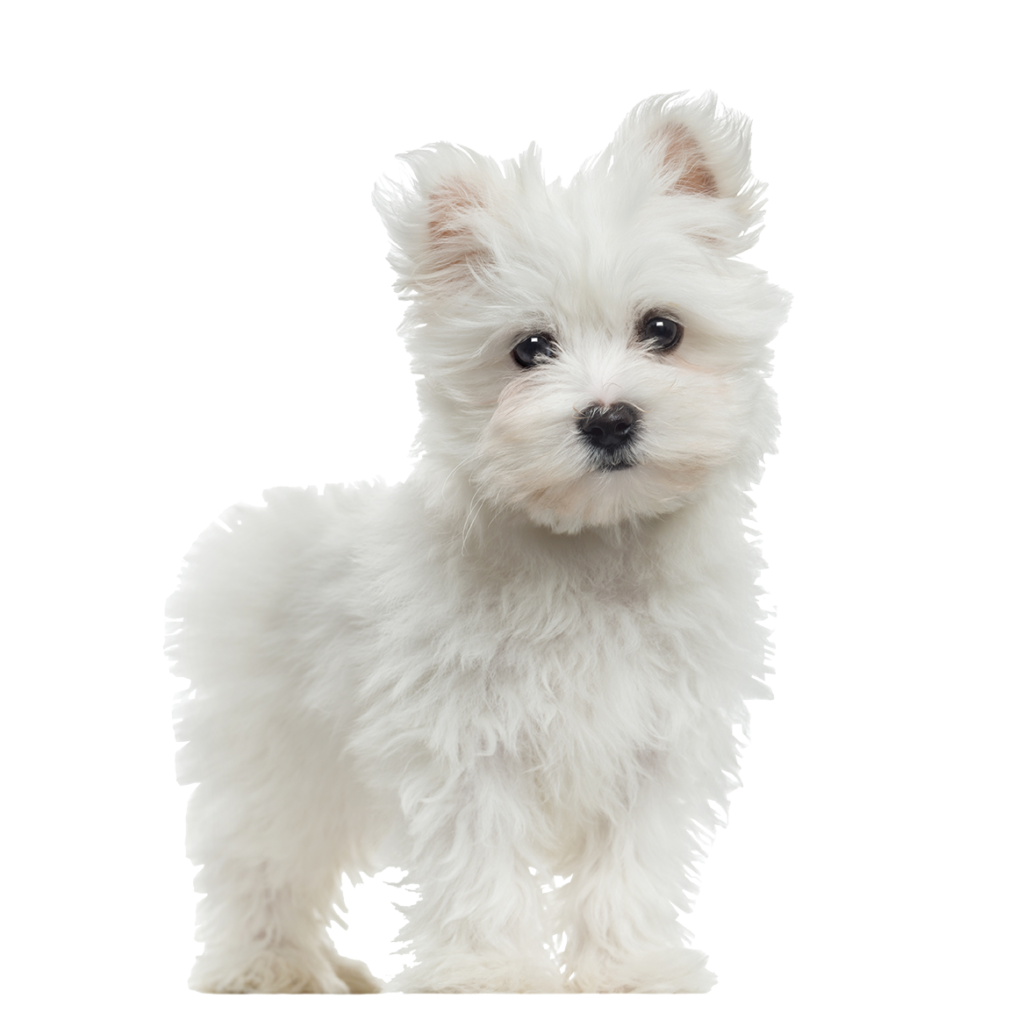








BICHON FRISE
Your cutest companions . . .
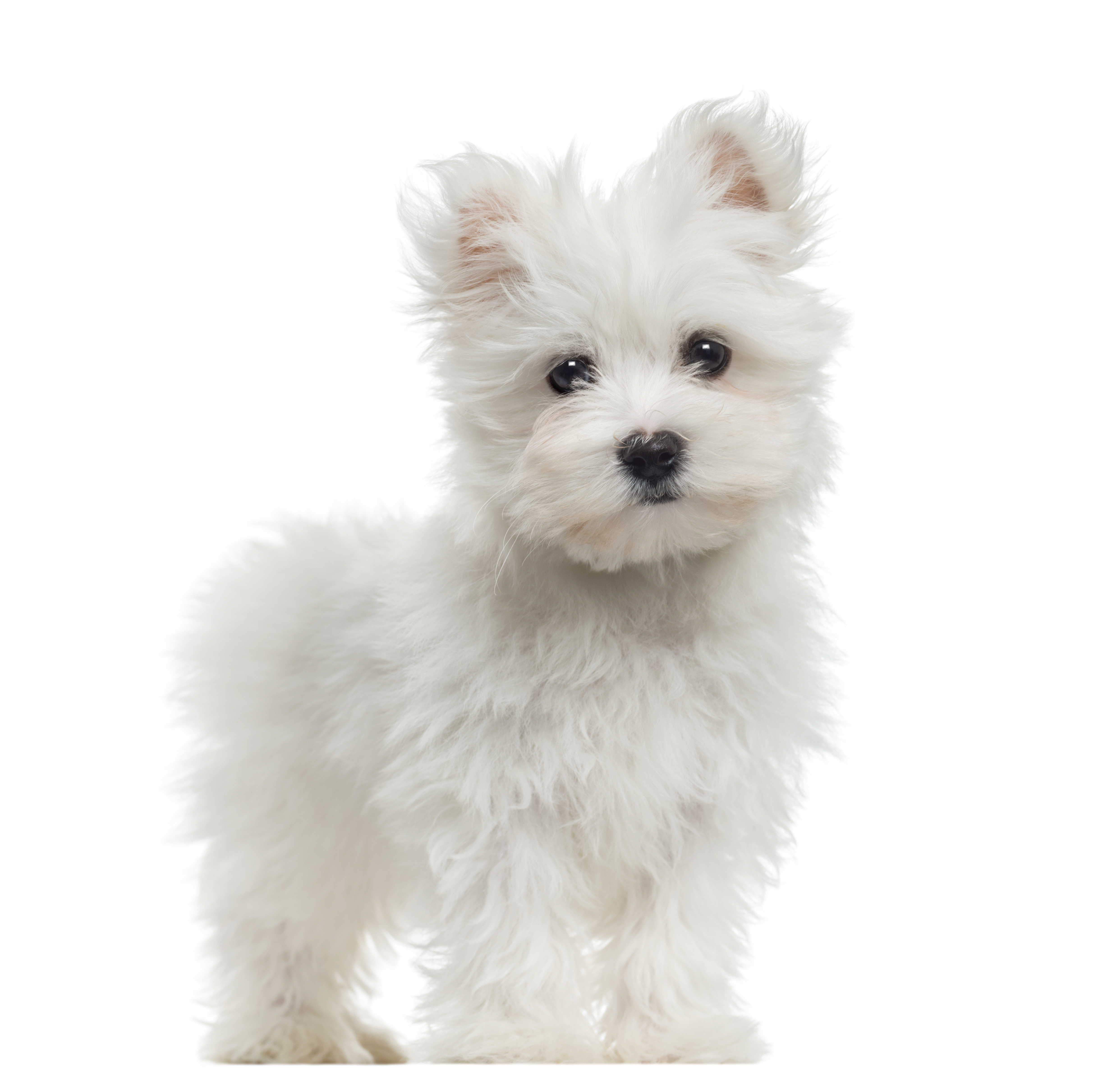
With compact bodies, baby-doll faces, and fluffy white hair, Bichons are a very appealing breed whose looks are enhanced by a perky, good-natured disposition. They are often mistaken for white Poodles. The Bichon, as they are affectionately called, are related to several small breeds: the Coton de Tulear, a dog who originated off the African coast on an island near Madagascar; the Bolognese, bred in northern Italy near the city of Bologna; the Havanese, from Cuba; and the Maltese, developed on the island of Malta in the Mediterranean. Bichons also appear to have originated in the Mediterranean and to have been taken along on trade routes into other countries.
Bichons may be small dogs — large specimens reach barely a foot in height — but they’re hardy. Despite their diminutive size, they’re not classified as a Toy breed by the American Kennel Club; instead, they’re members of the Non-Sporting Group. Their color is always white (although puppies may be cream or pale yellow), with black eyes and black noses. Their arched necks give them a proud, confident look, while their well-plumed tails curve gracefully over their backs. If you’re looking for a wonderful family pet, consider the Bichon. This dog loves to play. He’s always happy (except when left alone for long periods of time), and his demeanor is affectionate and gentle.
Since they don’t shed like other breeds, they often are recommended for people with allergies. This is something you should discuss with your allergist, since not everyone reacts the same way to a Bichon. Before making a commitment to getting a Bichon — or any type of dog — be sure to spend some time in the presence of the breed if you have allergies.
Bichons have a reputation for suffering from separation anxiety. If you must leave your dog home alone for long periods of time, this may not be the dog for you. Bichons don’t just like to be with their families, they need to be with their families. They adjust well to a variety of lifestyles, as long as they don’t have to spend too much time alone. Because of their small size, Bichons are good pets for people who live in apartments. But they do have a lot of energy, and they need daily exercise, including walks and games.
Bichons are intelligent and love to learn tricks, and they’re highly trainable. When training, you need to be firm but gentle. Harsh corrections and scolding will break a Bichon’s heart. Many Bichon owners train their dogs for obedience, agility, and rally competition. Both dogs and owners enjoy this activity, and it’s a good way to bond more closely with your Bichon. Another activity that brings out the best in the Bichon is therapy work. Because they’re gentle and sure to bring a smile to anyone’s face, they make perfect therapy dogs for visits in nursing homes and hospitals. In general, they get along well with other animals and people, but they will definatelly alert you when strangers come to the door.
History
& Family . . .
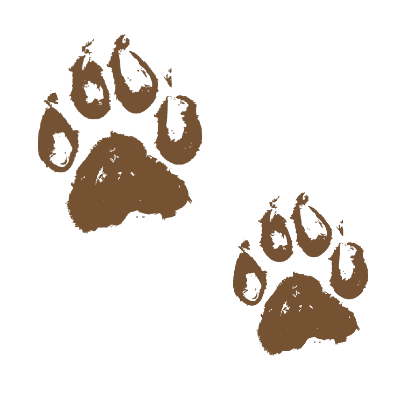
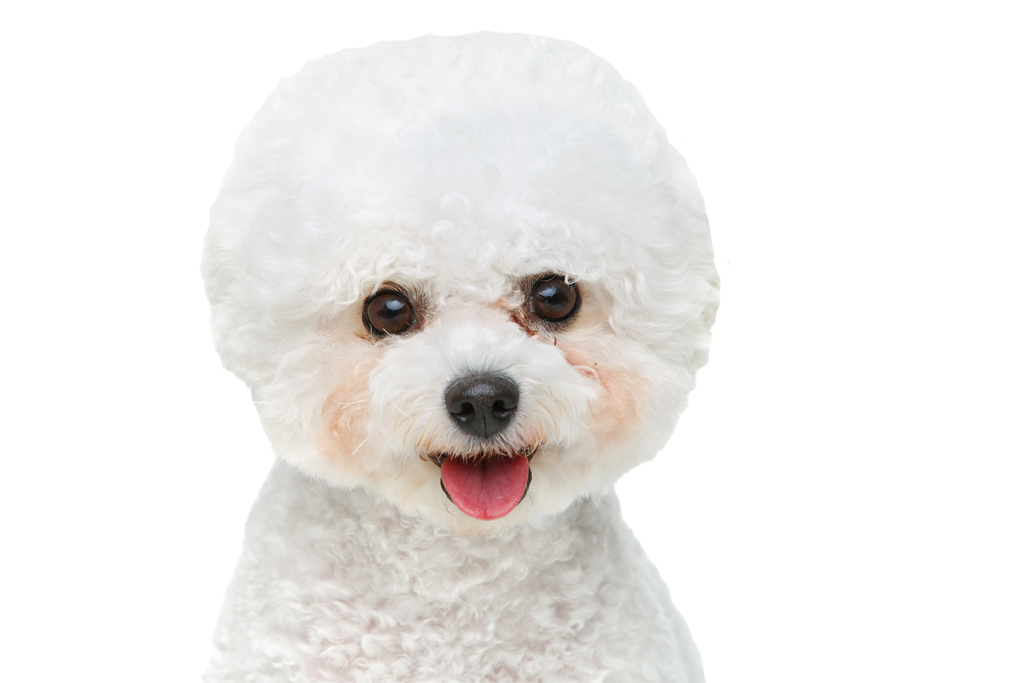
Bichons are a member of the clan of little white dogs formally known as Barbichon types. (These also include the Bolognese, Havanese, and Maltese.) It is thought that these ancient breeds began their modern development on Tenerife, the largest of the Canary Islands. One of these breeds became so popular with the island’s sailors that it was known as the Bichon Tenerife, the primary ancestor of today’s Bichon Frise.
The breed’s close association with European nobles began sometime in the 13th century. Most notably, they endeared themselves to the royal courts of Spain, Italy, and France, and came into their own during the Renaissance.
With the advent of the French Revolution in 1789, the Bichon’s days as the pampered and perfumed lapdog of aristocrats came to a rude end. One by one the breed’s benefactors were trotted off to prison and the guillotine, and their Bichons lost their positions of privilege. Many were turned out into the street to fend for themselves. Street entertainers took in the bright, agile dogs and trained them to coax a coin or two from passersby with their antics. Soon, the Bichon was earning his keep as a circus performer. Trainable, impossibly cute, and always at their best when in the spotlight, Bichons were excellent candidates for showbiz success.
In the 20th century Bichons again faced hard times because of the shortages and austerities brought on by the two world wars. And again, many Bichons found themselves out in the cold. Thanks to a few fanciers who gathered Bichons off the streets of France and Belgium, the breed survived and was recognized in France under the auspices of the Societé Centrale Canine in1933 as the Bichon a Poil Frisé—the “Bichon of the curly hair.”
The Bichon Frise Club of America was founded in San Diego in 1964. The AKC accepted the Bichon into the Miscellaneous class in 1971, and full breed recognition in the Non-Sporting Group came a year later.
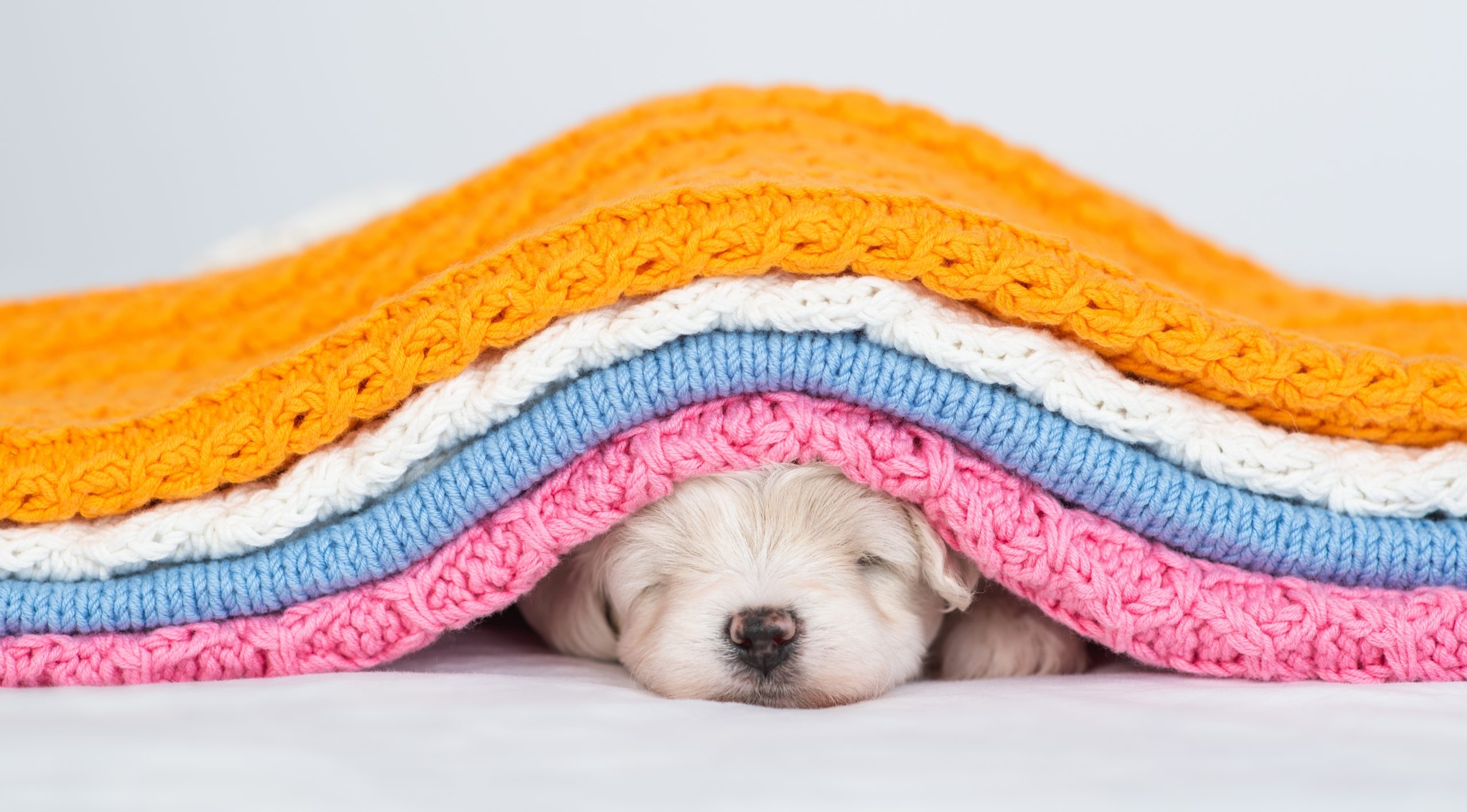
About Bichons . . .
Nutrition
The Bichon Frise should do well on a high-quality dog food, whether commercially manufactured or home-prepared with your veterinarian’s supervision and approval. Any diet should be appropriate to the dog’s age (puppy, adult, or senior). Some dogs are prone to getting overweight, so watch your dog’s calorie consumption and weight level. Treats can be an important aid in training, but giving too many can cause obesity. Learn about which human foods are safe for dogs, and which are not. Check with your vet if you have any concerns about your dog’s weight or diet. Clean, fresh water should be available at all times.
Training
As with all breeds, early socialization and puppy training classes are recommended. Bichons have a reputation for being difficult to housebreak. In every other respect, however, they are very easy to train. For example, Bichons love to perform tricks and learn new ones quickly. They respond very well to training based on positive rewards, rather than harsh or negative methods. A Bichon needs to be with his family, and undesirable behaviors are likely to result if he is regularly left alone for long periods of time.
Exercise
The Bichon is classified as ‘somewhat active’, but that’s an average. Long stretches of calm are interspersed with brief bursts of high activity, often just running through the house or around the yard. Daily play sessions, in addition to walks, are required. Another dog can be a fine exercise companion, but the Bichon will still need quality playtime with his owner. A fenced-in backyard is a good idea; Bichons are surprisingly fast, and if one makes a dash for freedom, he may be difficult to catch or to call back to you. Many Bichons enjoy participating in obedience, agility, and rally competitions.
Grooming
Bichons should be brushed at least two or three times a week, but every day is best. They need a bath and a clipping at least once a month. Owners who show their Bichons learn to do this, but most pet owners take their Bichon to the groomer every four to six weeks. The Bichon is considered to be relatively hypoallergenic, as the breed sheds very little because the shed hair is caught up in the undercoat. That shed hair has to be brushed out to prevent mats from forming. As with all breeds, the Bichon’s nails should be trimmed regularly as well.
Food, Training
& Healthcare . . .
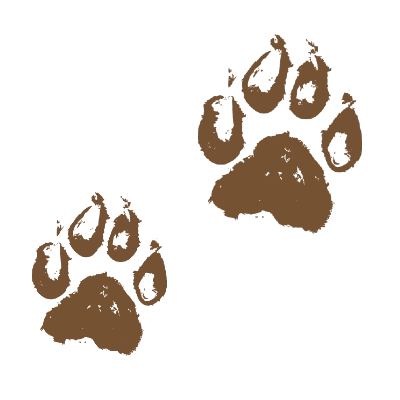
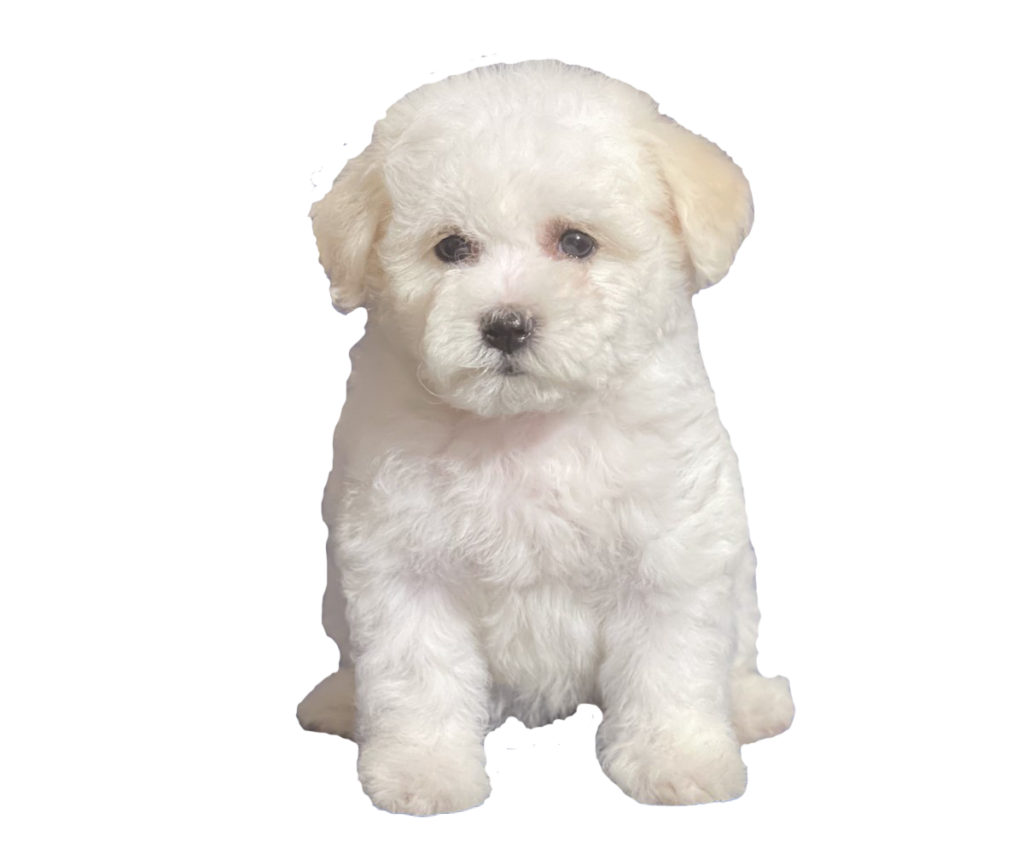
Highlights
A few facts about Bichons . . .

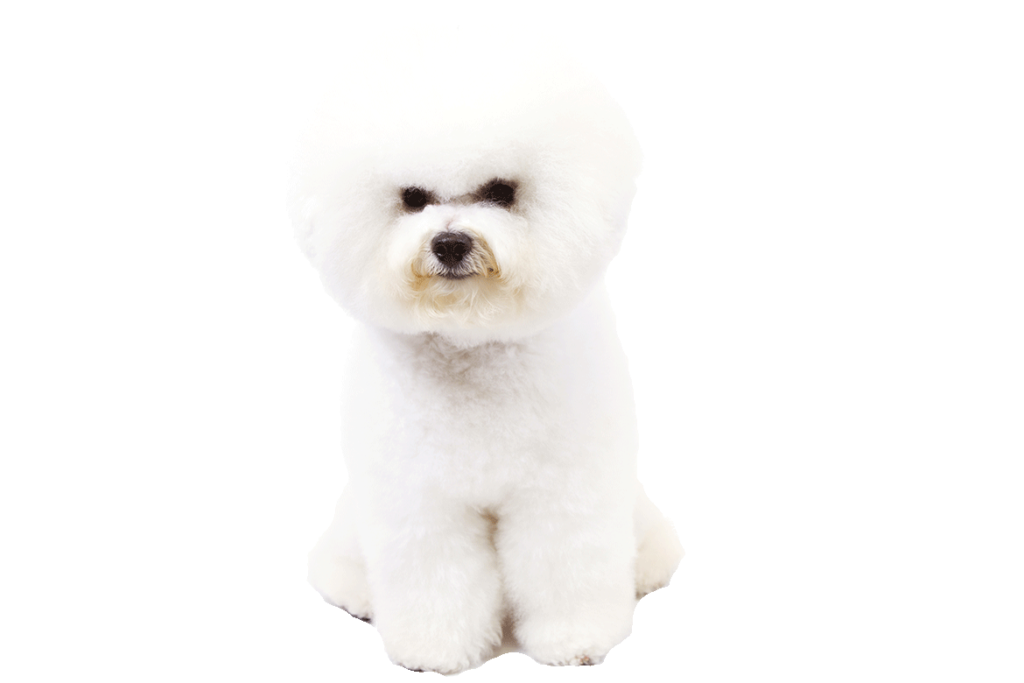
Know that . . .
- Bichons can be difficult to housebreak. Crate training is recommended.
- Bichons don't like to be left alone for long periods of time.
- Bichon Frise puppies are tiny and should only be handled by children under careful adult supervision.
- Bichons are intelligent and cunning. To help your Bichon be the best companion possible, obedience training is recommended.
- Grooming is a must! Be prepared to pay for professional grooming. Highly motivated owners can learn the technique, but it isn't easy and requires a lot of time.
- Bichons can be prone to skin problems and allergies.
- Because they're cute and small, you might be tempted to overprotect your Bichon Frise. This is a mistake and can lead to your dog becoming spoiled, shy, and fearful. Be watchful for dangerous situations, but teach your Bichon confidence by acting confident about his ability to cope with people, other animals, and situations.
- To get a healthy Bichon, never buy a puppy from an irresponsible breeder, puppy mill, or pet store. Look for a reputable breeder who tests her breeding dogs to make sure they're free of genetic diseases that they might pass onto the puppies, and that they have sound temperaments.
Health . . .
Bichons are generally healthy, but like all breeds, they’re prone to certain health conditions. Not all Bichons will get any or all of these diseases, but it’s important to be aware of them if you’re considering this breed.
If you’re buying a puppy, find a good breeder who will show you health clearances for both your puppy’s parents. Health clearances prove that a dog has been tested for and cleared of a particular condition. In Bichons, you should expect to see health clearances from the Orthopedic Foundation for Animals (OFA) for hip dysplasia (with a score of fair or better), elbow dysplasia, hypothyroidism, and von Willebrand’s disease; from Auburn University for thrombopathia; and from the Canine Eye Registry Foundation (CERF) certifying that eyes are normal. You can confirm health clearances by checking the OFA web site (offa.org).
Bladder Problems
Bladder stones and bladder infections: are not uncommon in this breed. Many factors can cause bladder stones, including excessive protein, magnesium, and phosphorus in the diet or long periods of time between urination. Bladder infections can be traced to bacterial or viral infections. If your Bichon needs to urinate frequently, has bloody urine, or seems to have difficulty urinating and loss of appetite, take him to the vet for a checkup.
Allergies
Allergies can afflict Bichons due to several different causes, including contact allergies and food allergies. Bichons are well known for being sensitive to fleabites as well. If your Bichon is scratching, licking at his paws, or rubbing his face often, suspect that he has an allergy and have him checked by your vet.
Patellar Luxation
Also known as slipped stifles, this is a common problem in small dogs. The patella is the kneecap. Luxation means dislocation of an anatomical part (as a bone at a joint). Patellar luxation is when the knee joint (often of a hind leg) slides in and out of place, causing pain. This can be crippling, although many dogs lead relatively normal lives with this condition.
Vaccination Sensitivity
Some Bichons are affected by this sensitivity, and many suffer even from routine vaccinations. Symptoms usually include hives, facial swelling, soreness, and lethargy. In rare instances, a vaccine-sensitive dog will develop complications or even die. Watch your Bichon carefully for a few hours after he’s been vaccinated, and call the vet if you notice anything unusual.
Hip Dysplasia
This is an inherited condition in which the thighbone doesn’t fit snugly into the hip joint. Some dogs show pain and lameness on one or both rear legs, but others don’t display outward signs of discomfort. (X-ray screening is the most certain way to diagnose the problem.) Either way, arthritis can develop as the dog ages. Dogs with hip dysplasia should not be bred — so if you’re buying a puppy, ask the breeder for proof that the parents have been tested for hip dysplasia and are free of problems.
Juvenile Cataracts
Cataracts sometimes develop in relatively young (less than six years old) Bichons. This is thought to be hereditary. When buying a Bichon puppy, be sure to ask if the breeder her breeding stock is certified by the Canine Eye Registration Foundation (CERF), and ask to see the certificates yourself.
Health
Conditions a Bichon might face . . .

